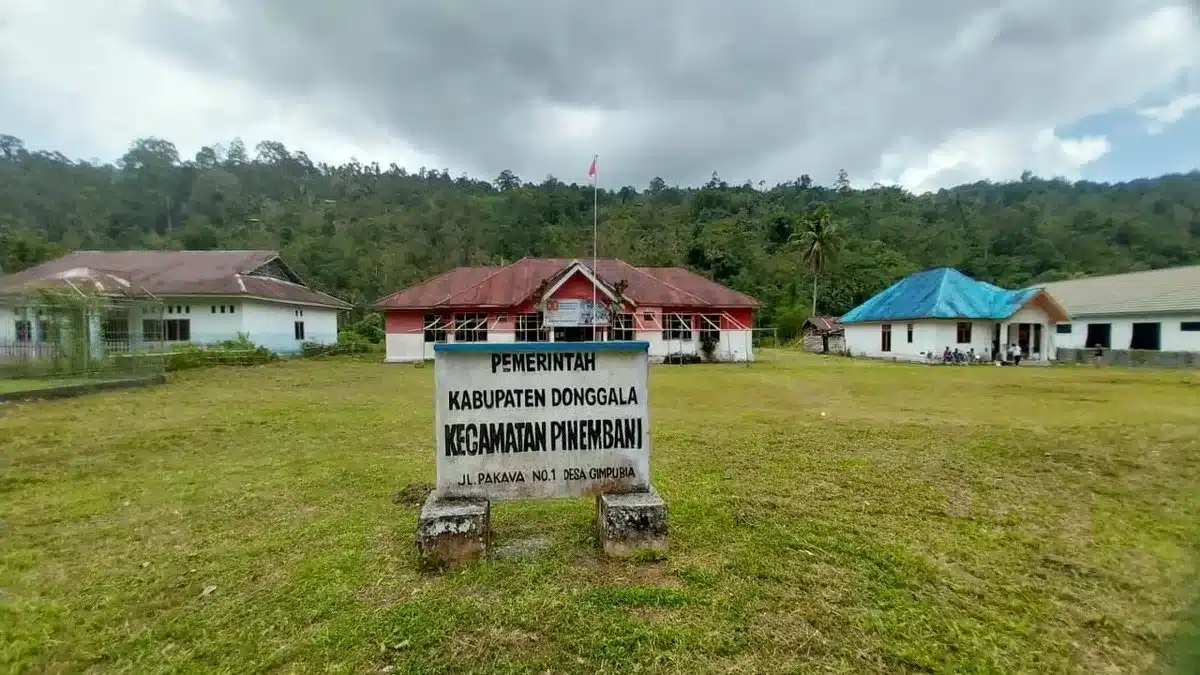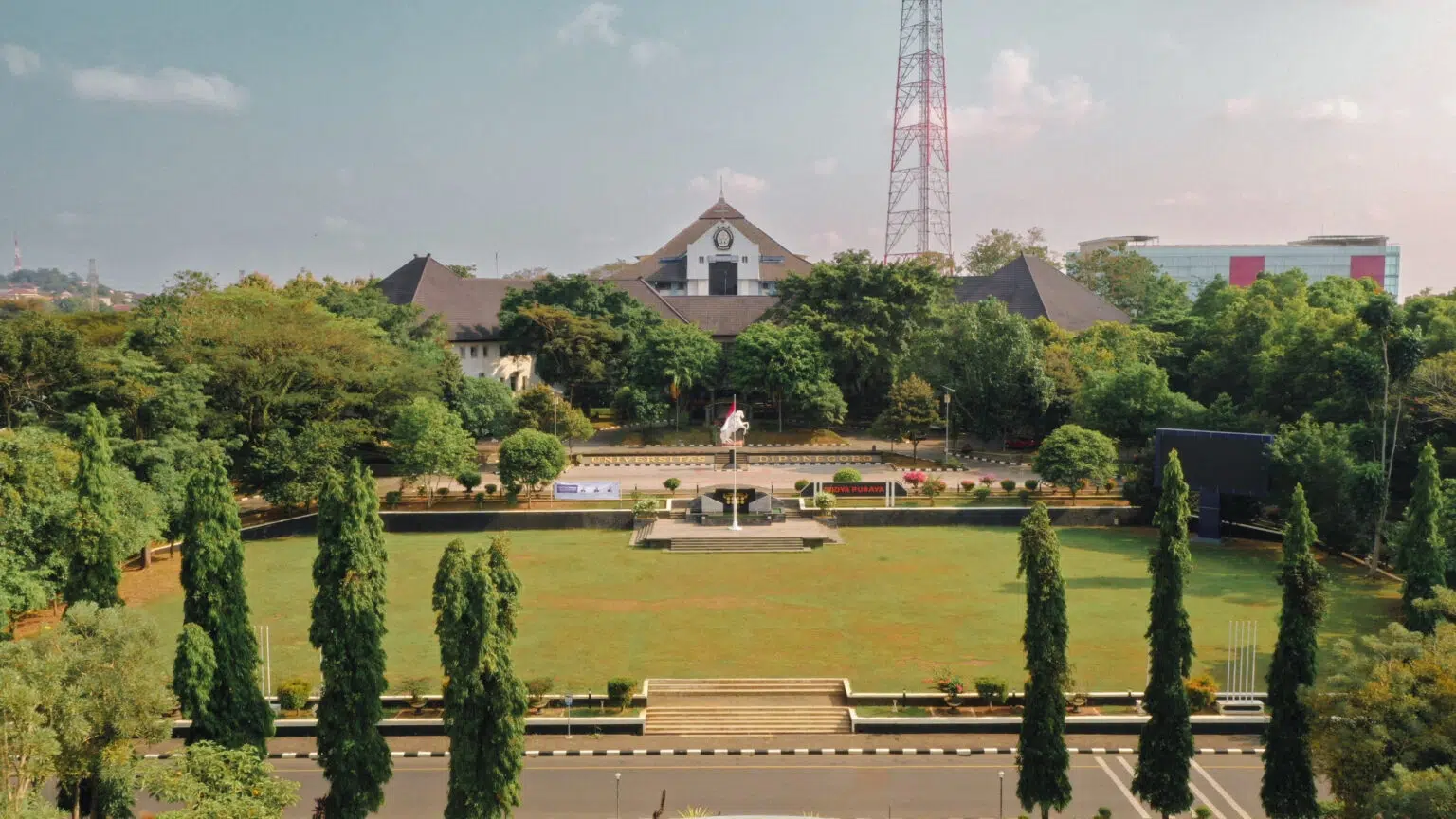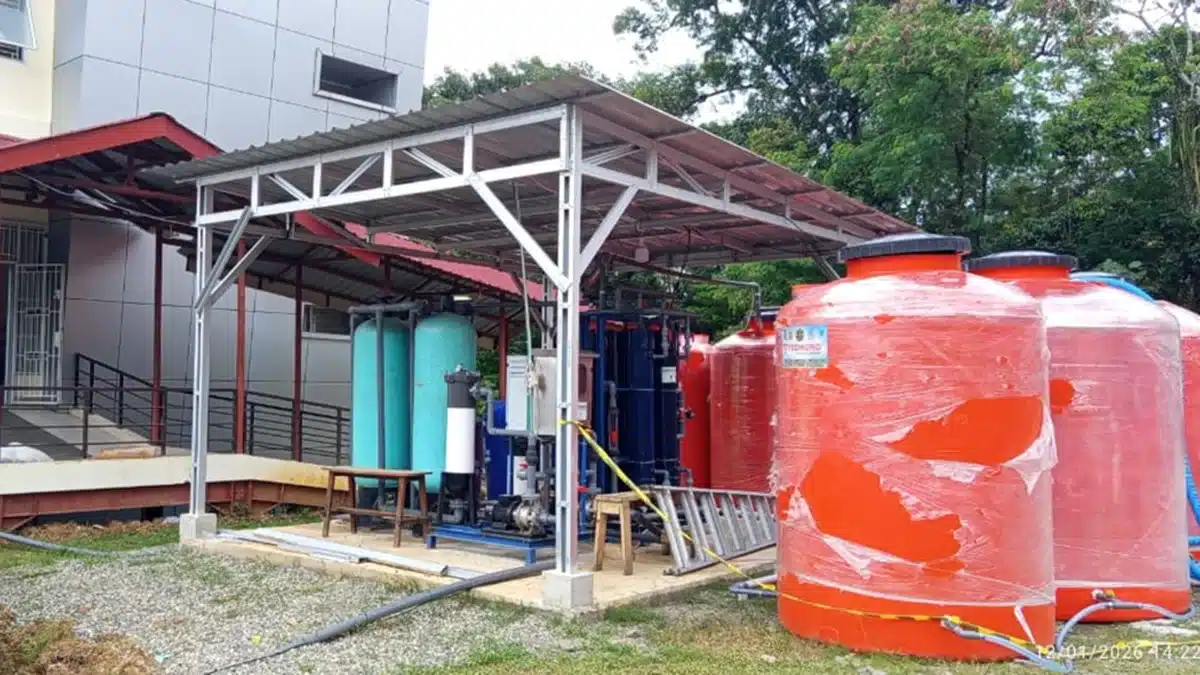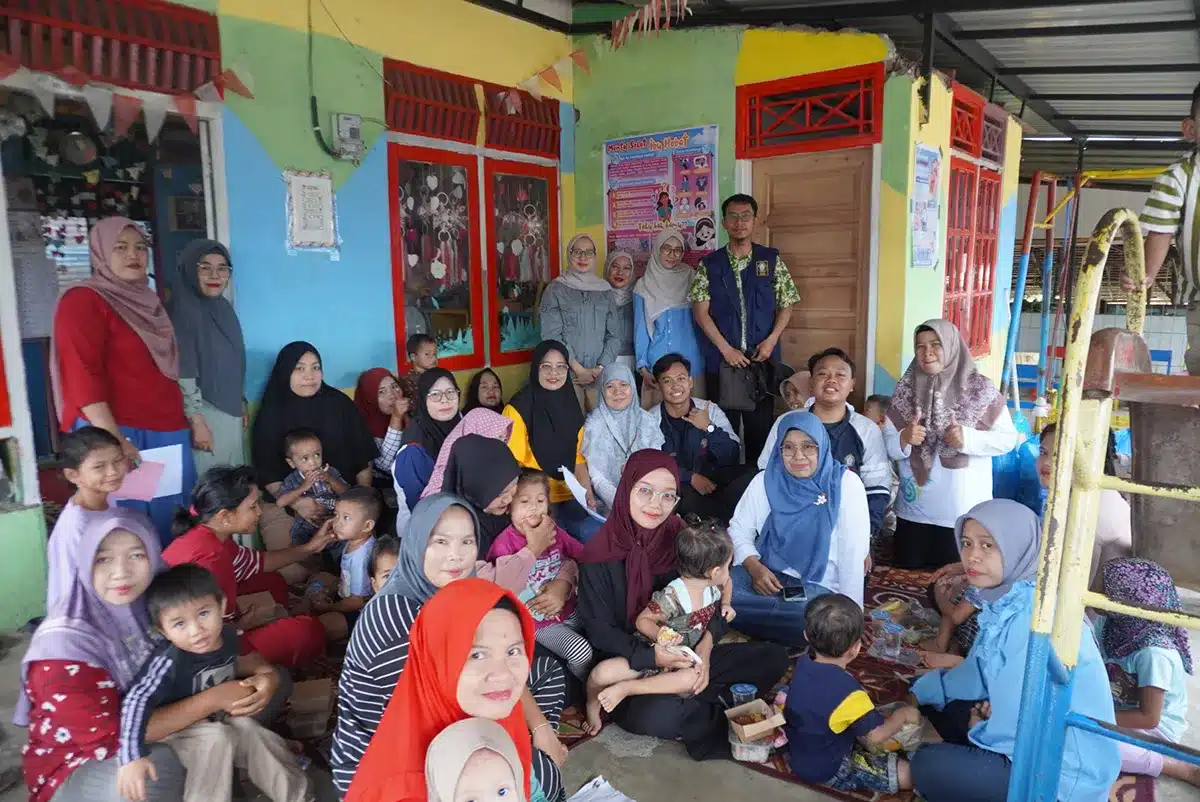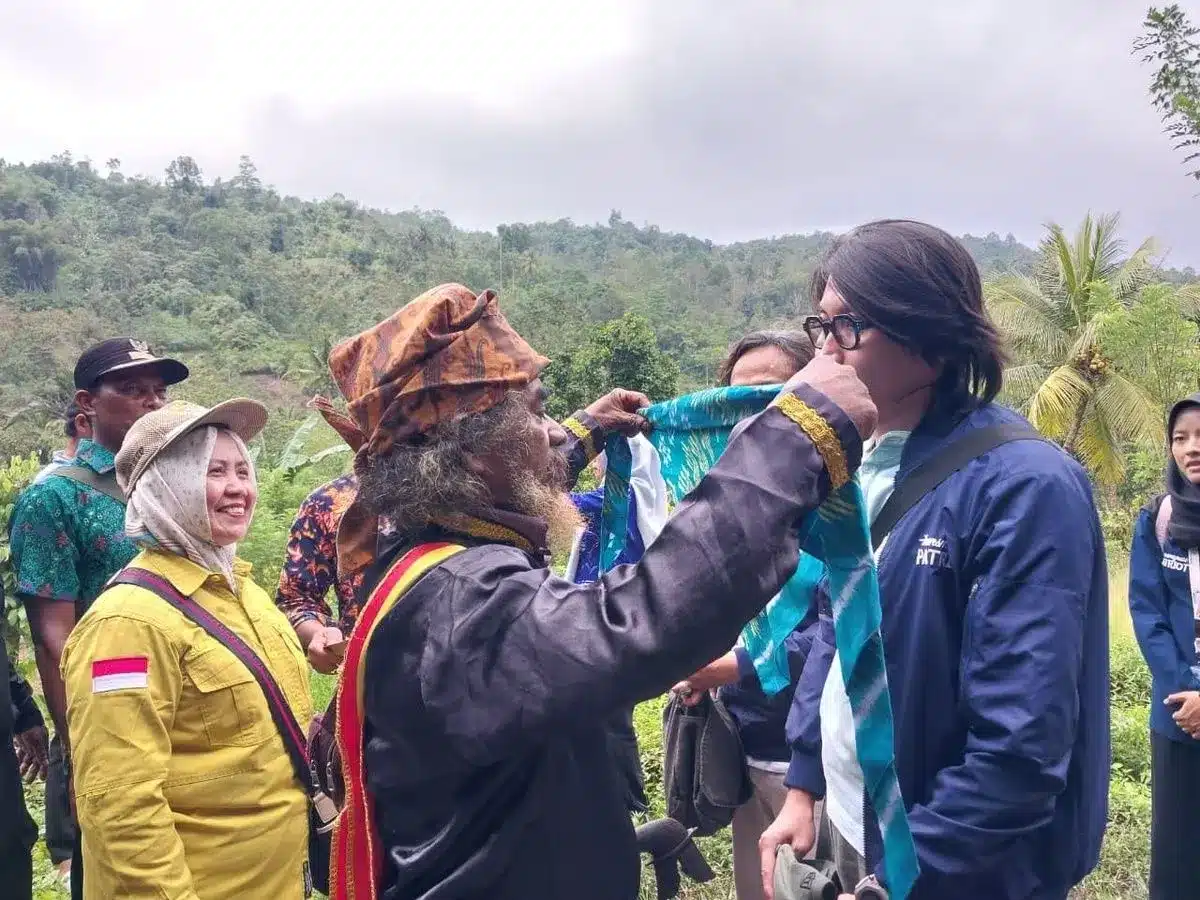UNDIP, Pinembani (November 3, 2025) – Pinembani District has been designated as one of the prospective transmigration areas currently being studied by Team 2 of UNDIP’s Patriot Expedition, a community assistance and regional development research program initiated by the Ministry of Transmigration. The program aims to develop leading commodities based on local potential, with the agriculture and plantation sectors serving as the main drivers of the local economy.
Before heading to Pinembani, Team 2 of the Patriot Expedition had previously conducted a series of activities in Rio Pakava District—one of the established transmigration areas in Donggala Regency—for approximately 45 days. These activities included mapping of regions and commodities, focus group discussions (FGDs) with local stakeholders, and soil sampling for evaluating land suitability. These steps form an important foundation to ensure that transmigration area planning is data-driven and aligned with the region’s characteristics and community needs.
Upon arrival in Pinembani, the team was officially welcomed by Pinembani Subdistrict Head Sukmawati and local government officials. A traditional ceremony led by the local customary leader further reinforced community support and acceptance of the development initiative. “Pinembani has great potential in agriculture and plantations, but there are still several fundamental issues that need to be addressed,” said Muhammad Iqbal Fauzan, S.P., M.Si., Leader of Team 2 of the Patriot Expedition in Donggala Regency.
Most of the people in Pinembani rely on agriculture and plantations for their livelihoods. According to data from the Central Statistics Agency (Badan Pusat Statistik / BPS), Pinembani is one of the largest cocoa-producing centers in Donggala Regency, with an annual production of around 10,000 quintals, and has shown an upward trend over the past five years. This potential highlights the fertility of the land and presents a major opportunity to boost the local economy.
However, this potential has yet to be fully realized due to limitations in infrastructure. The main road connecting Pinembani to Palu City remains unpaved and rocky, making it difficult to traverse and resulting in significantly higher transportation costs for agricultural products. Often, distribution expenses exceed the selling value of the commodities. “We have the harvest, but most of it is spent just to transport it to the city,” said one cocoa farmer from Pinembani.
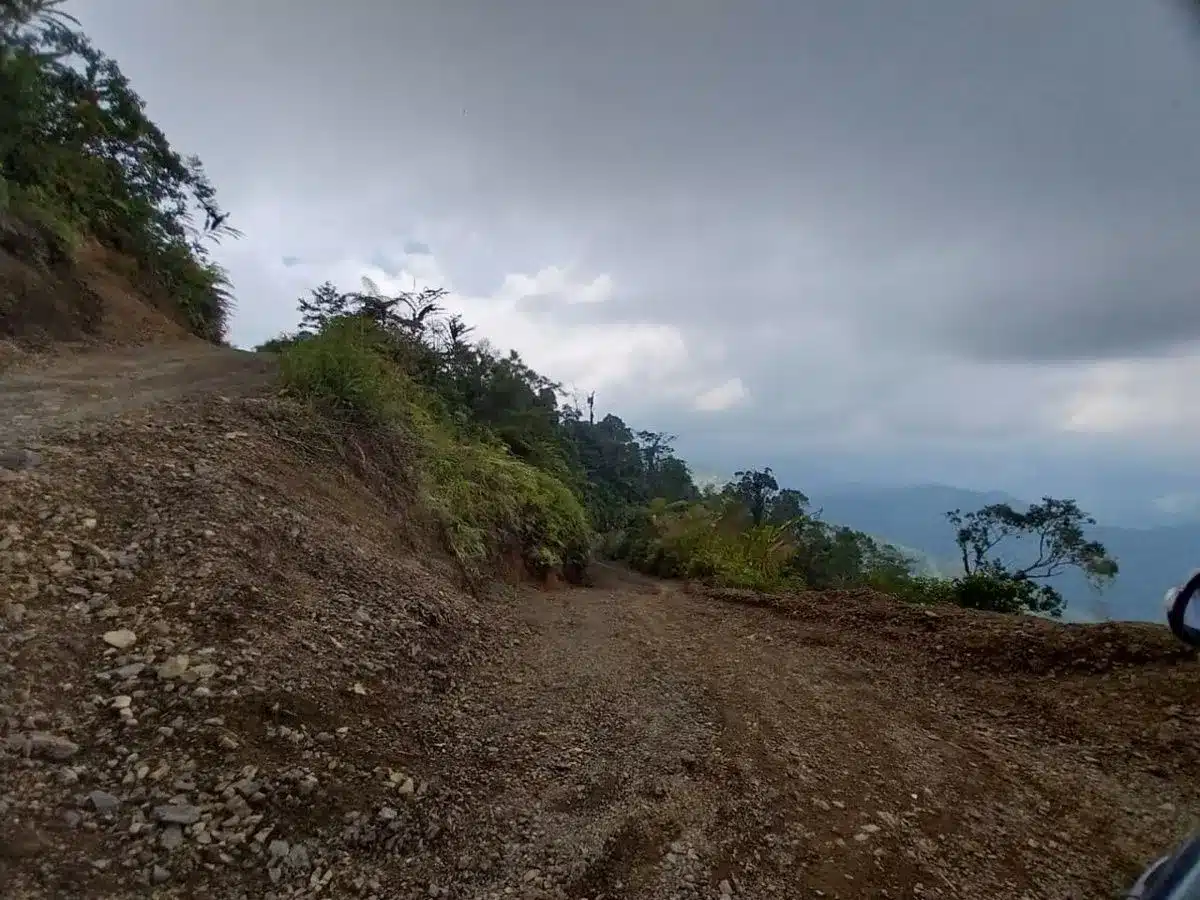
Limited accessibility also affects the supply of agricultural production inputs. Subsidized fertilizers are hard to obtain because distributors are reluctant to bear the high transportation costs to reach the area. “Transporting goods to Pinembani is already expensive, so retailers are unwilling to distribute them here,” explained Ahmad Affandi, Head of the Pinembani District Agricultural Extension Center.
The Patriot Expedition Team assessed that Pinembani holds great potential to become a productive and competitive agricultural area, provided that fundamental obstacles such as road access and distribution are resolved. Government support is essential to ensure that the development of transmigration areas goes beyond location designation and is realized through the construction of infrastructure that supports the community’s economic activities.
This development effort aligns with the commitment to achieving the Sustainable Development Goals (SDGs), particularly poverty alleviation (SDG 1), strengthening food security through agriculture (SDG 2), inclusive economic growth (SDG 8), infrastructure development in remote areas (SDG 9), reducing regional disparities (SDG 10), and creating inclusive and sustainable settlements (SDG 11).
With the right interventions, Pinembani has the potential to develop into a transmigration area centered on leading local commodities, thereby enhancing community welfare while driving sustainable regional economic development. (Public Communication/UNDIP/Leader of Team 2, Patriot Expedition Donggala)
